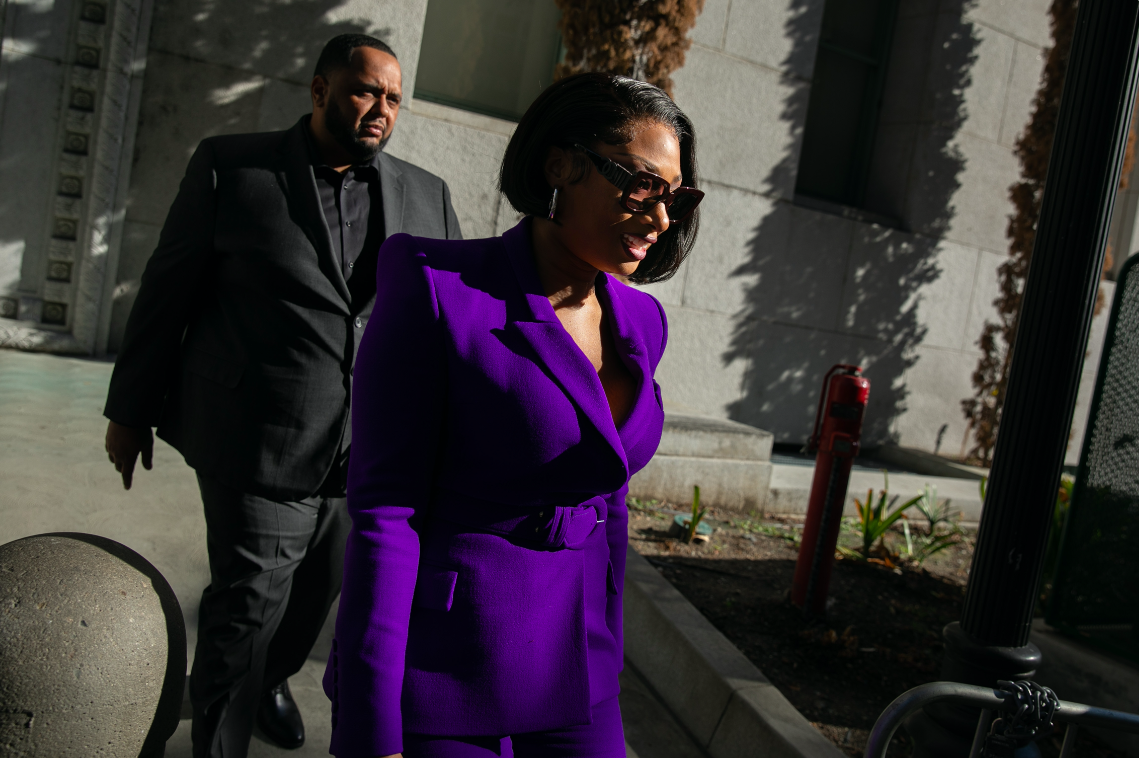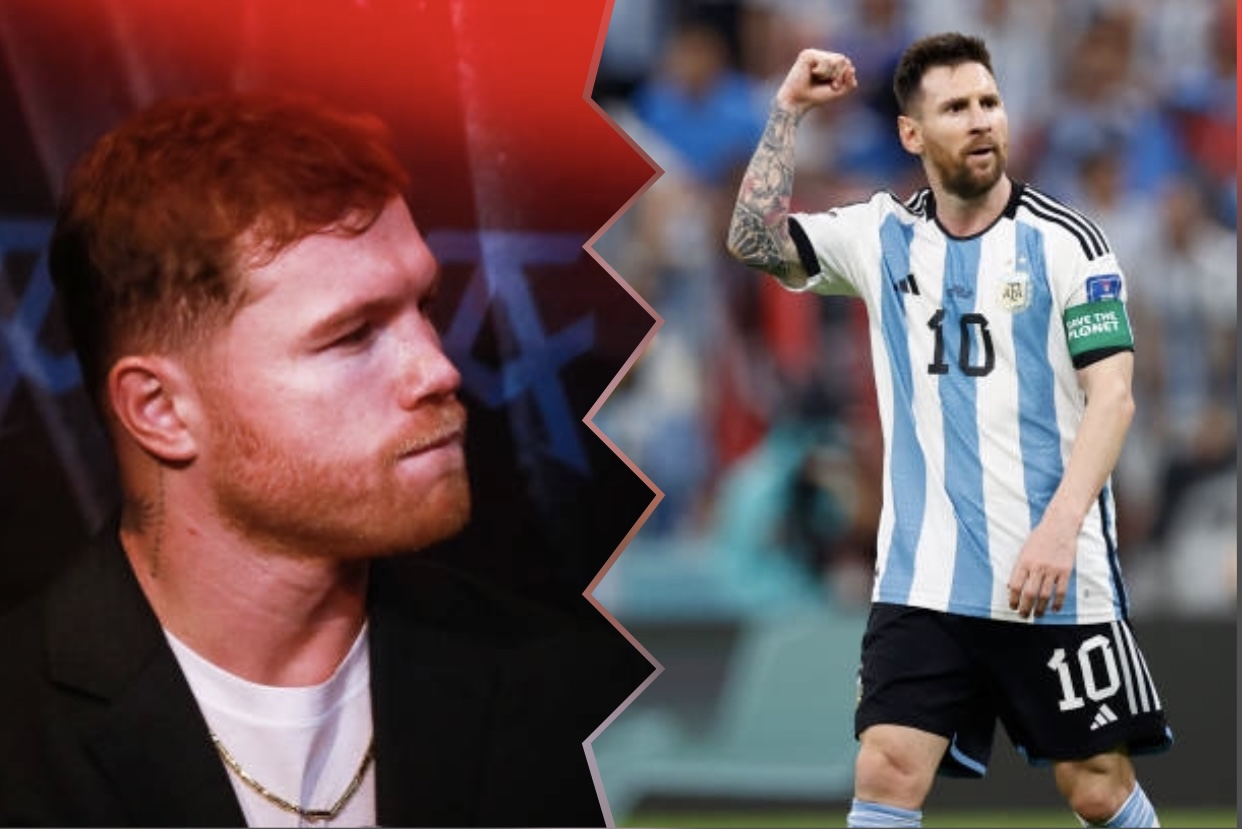In the 87th minute of Sunday’s World Cup final, Germany’s 36-year-old World Cup striker Miroslav Klose was spelled by 22-year-old Mario Götze, capping off his illustrious World Cup career.
Up until the 113th minute, the World Cup Final appeared headed for the crapshoot-out that is penalty kicks.
That’s when 23-year-old substitute André Schürrle delivered a perfectly placed cross to Götze, who leapt to stabilize the pass off his chest, gained his balance, said “Look Ma, no Han’s” under his breath, contorted his body and fired a rocket into the opposite corner of the net with his left foot while sliding to the ground.
Götze's match-winning goal made him the youngest scorer of a World Cup Final goal in 48 years. The transference from Klose to Götze was symbolic of Germany's extension of its "Golden Generation". Of the 16 momentous goals scored by the most prolific goal scorer in World Cup history, none had the magnitude of his callow replacement’s match-winning goal.
If you carefully examine Germany’s, roster a reality sets in reminding envious nations that the ride isn’t over for Germany after Klose hangs his national shirt up and as Bastian Schweinsteiger or Lukas Podolski progress into their golden years. Like Trick Daddy, Germany loves the kids.
In the European hierarchy, Germany has been looking up at Spain for the past six years. Before Spain, it was Italy that ruled the continent. It’s finally their day, but it may not be the end of German football dominance on the international stage. Rather this could be the dawn of a German conquest.
Spain had its day courtesy of tiki-taka’s advent. Both they and Germany entered this World Cup with more international goals on its roster than any other team.
However, Spain’s national team failed to infuse itself with enough fresh talent, until their roster was stale and reeking of Bengay. With Spain out in the group stages, Germany was in the driver’s seat, flying down the Autobahn while everyone else obeyed the speed limit because they know this road so well. Before this World Cup, Germany had been eliminated by the eventual champion in the finals or semifinals of the ’06 World Cup, ’08 European Championship, ’10 World Cup and ’12 European Championship.
On the other hand, Germany has embraced its Machine moniker and taken it upon themselves to produce future football stars with the cold, efficiency of a Volkswagen assembly line.
Germany's World Cup victory isn’t a flyover. They’ve constructed space stations with the goal of orbiting the football galaxy for as long as the German flag whips in the wind.
When fans speak of a nation’s Golden Generation, it implies that success of this caliber is fleeting.
Germany was an ocean and two continents away from their border, but established a luxurious base camp that juxtaposed them as the second home team in Brazil.
Campo Bahia was the most elaborate German base since Sean Connery’s James Bond infiltrated Dr. No’s underwater volcano lair in Thunderball.
But the secret to their success are the soccer academies back home where they’re multiplying their football prodigy population with the same fervor as Bebe Neuwirth.
The German Football Association espouses a “talent without end” axiom that’s been embraced, implemented and produced.
"The German teams are preparing for an era of European dominance,” Emmanuel Hembert, a soccer business expert for consultancy A. T. Kearney told the New York Times in late 2012. “The time of the German league is coming.”
Since the German youth football development initiative went into effect, over $1 billion has been spent on refining the skills of its first post-unification generation. In 2013-14, the Bundesliga featured a record number of 17-year-olds.
The “talent without end” revolution is led by the Nationalmannschaft‘s Marco Reus, Mesut Ozil, Tony Kroos, Ilkay Gundogan, Schürrle, Gotze and Thomas Mueller, who is already in position to shatter Klose's career World Cup goals record.
"We started this project 10 years ago and what has happened today is the result of many years' work, starting with Jurgen Klinsmann," German manager Joachim Löw said after the final. "We've made constant progress, we believed in the project, we worked a lot and, if any group deserves it, it's this team."
The first World Cup triumph in 24 years is a departure from the nadir of German soccer at the turn of the century when they began luring foreign players to the Bundesliga in a booming economy with lucrative contracts, while alternativelyignoring the development of their youth academies. The influx of foreigners with dual citizenship extended to the ntional team where African-born Sean Dundee and Brazilian Paulo Rink, who were given coveted spots on the underwhelming squad. It culminated with three consecutive lossesand one goal in the 2000 European Championship group stage.
In 2002, the seeds were planted when the German FA required every pro club team in the first and second division to fund a football high school while youth academies began sprouting all over the nation.
In the aftermath, Germany is brimming with so much youthful talent that they had leftover players with dual citizenship to spare for the United States to drag out and bring into the fold. John Brooks, Fabian Johnson, Jermaine Jones, Tim Chandler and Julian Green were all groomed in Europe’s incubator.
It was fitting that Germany broke the streak for European clubs in South American World Cups within the heart of Brazil.
Fifty-six years ago, Brazil became the only South American national team to win a World Cup hosted by Europeans. They are the anti-Brazilians. They eschew aesthetics and flair in the Beautiful Game for fundamentals, set pieces and flawless possessions.
Argentina, Germany, Brazil and the Netherlands all played seven matches, but the Germans completed 4,137 to 3,344 for Argentina, the Dutch's 3,000 and Brazil’s 2,731.
"Should we have a successful World Cup or should we play beautifully and be eliminated again?" Defender Per Mertesacker rhetorically asked after a 2-1 extra-time win over Algeria in the round of 16.
Die Mannschaft will be tougher to snuff out than John McClane in Die Hard and they’ll have everyone’s attention like Hans Gruber. In four years, Die Mannschaft will have an opportunity to defend its World Cup title in Russia, which shares a border with the German side.
The veterans such as Klose, Phillipp Lahm and Lukas Podolski may have led one of the World Cup’s oldest rosters, but the investment in its youth academies is the elixir that will bestow Die Mannschaft with football immortality.



